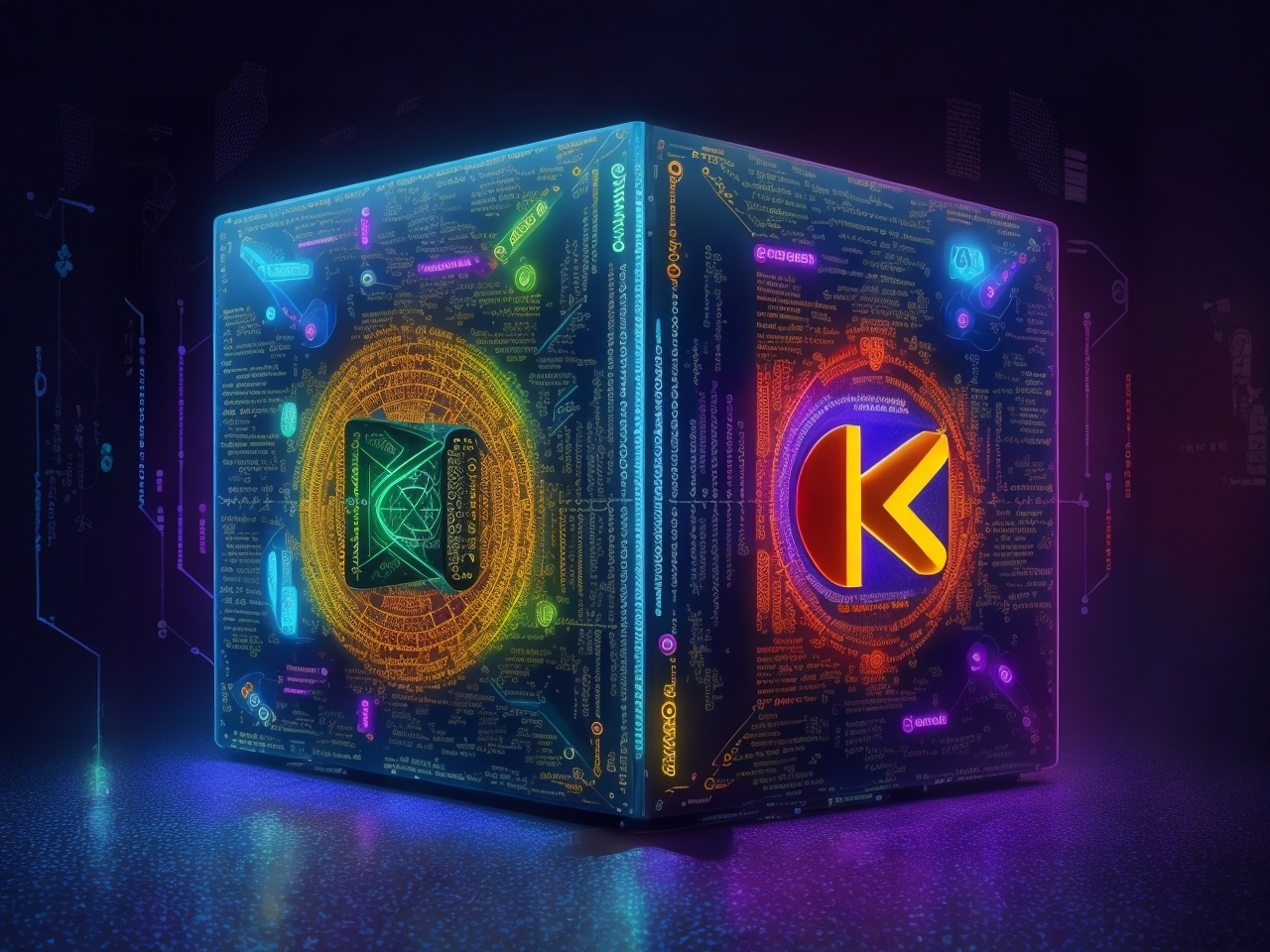AI Daily : “Protecting AI Applications with Noise Injection” – Researchers Develop Resilient Defense Technique

This Newsletter is Curated By: AI || Reviewed By : Avijit || Date: 2023-09-23
Spotlight
1. “Fine-Tuning AI Models for Longer Texts with Lower Computing Power” – Paper Introduces LongLoRA Approach
2. “Enhancing Mathematical Reasoning in Open-Source Language Models” – Lightweight Instruction-Tuning Technique Shows Promise
3. “Voice-Guided Navigation for Google Maps and Waze” – Author Seeks Assistance in Cloning Female Voice from GTA 4
4. “Speeding up Inference with Self-Speculative Decoding” – Research Introduces Efficient Large Language Model Decoding
5. “Solving Long-Horizon Tasks with Compositional Foundation Models” – Researchers Propose Hierarchical Planning Approach
MindBlowing AI Tools Everyone talking about
– Microsoft introduces highly-anticipated Copilot and 365 Chat, enhancing productivity in various apps.
– Bing offers access to the latest OpenAI text-to-image model DALL-E 3 and improves personalized answers and shopping experience.
– YouTube launches AI-powered tools for creators, including generated backgrounds, video topic ideas, and music recommendations.
– Trending AI tools: Humata AI, Ideas AI, TutorAI, Boomy, and Namelix.
– Tutorial on creating viral AI text illusions using Canva, Photoshop, or another tool.
What The World Have Researched & Innovated
1. Technique to Protect Sensitive AI Applications: Researchers from the University of Tokyo have developed a method to enhance the resilience of AI applications against adversarial attacks by injecting random noise into neural networks.
2. Efficient Training of Large AI Models: LongLoRA, a fine-tuning approach, allows training of large AI models on longer texts with lower computing power requirements. It approximates standard attention and selectively tunes weights.
3. Improving Mathematical Reasoning in Language Models: Recent research explores a lightweight math instruction-tuning technique to enhance the mathematical reasoning abilities of open-source language models. The proposed MathInstruct dataset shows promising results.
4. Voice-Guided Navigation: An author seeks assistance in cloning a female voice from GTA 4 for voice-guided navigation in Google Maps and Waze.
5. Speeding up Large Language Model Inference: Self-speculative decoding combines drafting and verification stages to achieve faster decoding without compromising output quality.
6. Solving Long-Horizon Tasks: Compositional Foundation Models for Hierarchical Planning (HiP) utilize expert models trained on language, vision, and action data to solve long-horizon tasks efficiently.


